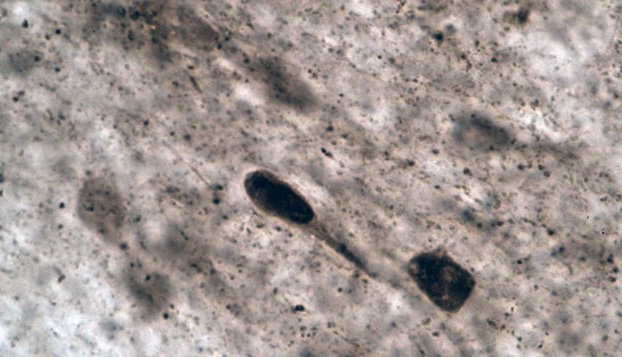Desulfovibrio bacteria likely to cause Parkinson’s disease
Published : 06 May 2023, 02:25
Researchers at the University of Helsinki have demonstrated that certain strains of Desulfovibrio bacteria are the likely cause of Parkinson’s disease in most cases, said the University of Helsinki in a press release, quoting a study on Friday.
The study enables the screening of the carriers of Desulfovibrio strains and the removal of the bacteria from the gut.
“Our findings are significant, as the cause of Parkinson’s disease has gone unknown despite attempts to identify it throughout the last two centuries. The findings indicate that specific strains of Desulfovibrio bacteria are likely to cause Parkinson’s disease. The disease is primarily caused by environmental factors, that is, environmental exposure to the Desulfovibrio bacterial strains that cause Parkinson’s disease. Only a small share, or roughly 10%, of Parkinson’s disease is caused by individual genes,” said Professor Per Saris of the University of Helsinki.
The goal of Professor Saris’s research group was to experimentally investigate whether the Desulfovibrio strains found in patients can result in progress towards Parkinson’s disease.
The principal finding of the group’s recently published study was that these strains in patients with Parkinson’s disease cause aggregation of the α-synuclein protein on a statistically significant level in a model organism for Parkinson’s disease. The worm Caenorhabditis elegans was used as the model organism.
The study also found that Desulfovibrio strains isolated from healthy individuals do not cause α-synuclein aggregation to the same degree. In contrast, the aggregates caused by the Desulfovibrio strains in patients with Parkinson’s diseases were also larger.
“Our findings make it possible to screen for the carriers of these harmful Desulfovibrio bacteria. Consequently, they can be targeted by measures to remove these strains from the gut, potentially alleviating and slowing the symptoms of patients with Parkinson’s disease. Once the Desulfovibrio bacteria are eliminated from the gut, α-synuclein aggregates are no longer formed in intestinal cells, from which they travel towards the brain via the vagus nerve like prion proteins,” Saris added.


